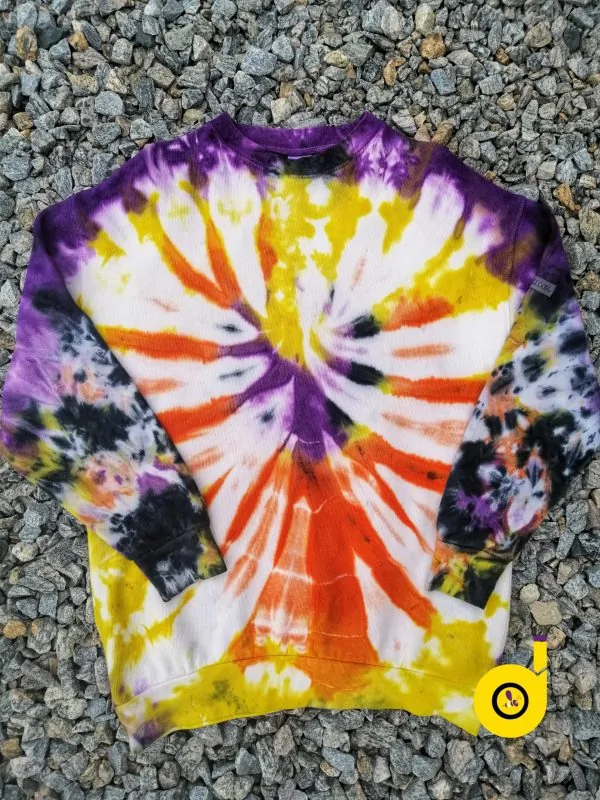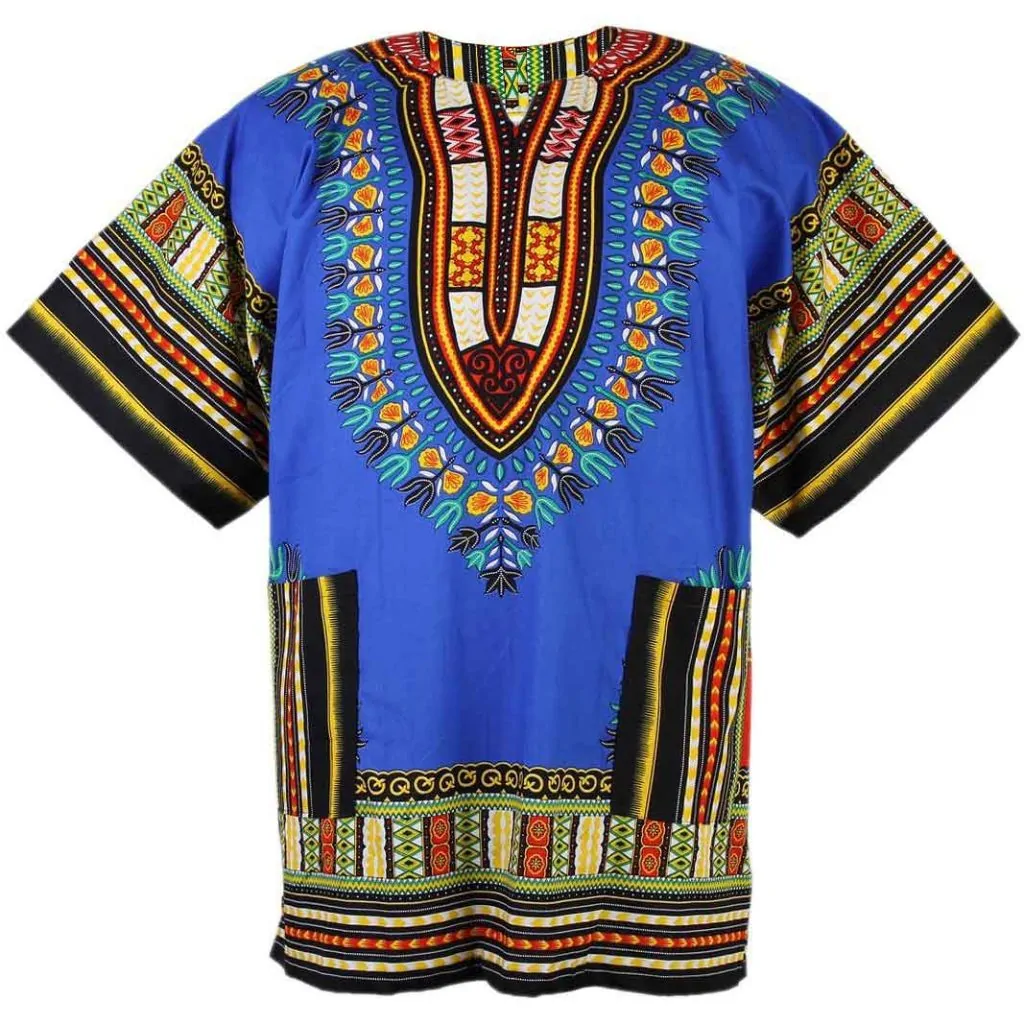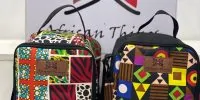How To Start A Ready-To-Wear Clothes Business In Nigeria
The ready-to-wear clothes business is a thriving and dynamic industry, deeply rooted in human creativity and innovation. From the early days of fabric-making in ancient Egypt to today’s high fashion and avant-garde runway trends, clothing has remained an essential part of our lives.
Despite being a highly competitive space worldwide, the fashion industry continues to be a multibillion-dollar powerhouse, offering endless opportunities for entrepreneurs. Whether you’re looking to break into the market or refine your skills, understanding the intricacies of the ready-to-wear clothing line—from design to production and marketing—is key to building a successful brand.
Everywhere you go, every corner you turn—you see bespoke tailors, fashion designers, and small to large-scale clothing producers, all participating actively in this multibillion-dollar industry.
If you’re wondering how to start a clothing brand in Nigeria or launch a ready-to-wear Ankara business, the steps below will guide you.
1. Identify Your Niche
Is it loungewear, sportswear, streetwear, Ankara pieces, or formal dresses? Are you targeting men, women, kids—or all of the above?

Before you create a ready-to-wear business plan, it’s crucial to clearly define your niche. Your niche will shape your business plan for ready-to-wear, influence your designs, guide your marketing, and help attract loyal customers.
Looking for inspiration?
Click here for design options to explore various products and styles on African Things.
2. Produce In-House or Outsource?
Should you sew the clothes yourself, build a team of tailors, or partner with a ready-to-wear clothing manufacturer?

If you’re just starting and looking into how to start a small fashion business at home, outsourcing might be the smartest route. It saves time and overhead costs while helping you scale.
At African Things, we simplify outsourcing for you. You can request quotes on our products or post a custom request. Whether you’re producing school uniforms in Lagos or custom Ankara pieces, we’ve got you covered.
Let manufacturers come to you:
Click here for design options, or reach out to us on WhatsApp to get started.
3. Construct a Budget
Your budget should reflect the size of your business, production model, and operational costs. When planning how to start a small clothing business from home, keep things lean but realistic.
Here’s what to consider:
- Fabric and material costs
- Tailoring or manufacturing costs
- Packaging and branding
- Transportation and delivery
- Rent (if needed)
- Marketing and promotions
Wondering how much can I use to start a clothing business in Nigeria? The good news is—you can start small. Many home-based fashion brands begin with ₦50,000 to ₦300,000, depending on scale and design complexity.
Need help figuring out your costs? Send us a message now on WhatsApp, and let’s help you estimate your production needs.
4. Quality Control Matters
Whether you’re sewing your products or working with a clothing manufacturer, quality is key. Your success depends on how well your products are made, especially in a competitive market.
Before launching, test a few samples, check finishing, and ask for feedback. A consistent standard of excellence builds customer trust and boosts repeat sales.
African Things ensures that our manufacturing partners meet quality standards. Want us to help you vet a producer? Reach out today.
5. Create Your Brand and Marketing Strategy
Your ready-to-wear business plan should include how you’ll brand and promote your products. Will you use Instagram, TikTok, a website, or offline marketing?
Don’t just sell clothes—sell a lifestyle. Use storytelling, high-quality photos, and unique packaging to build a brand customers love.
Need help with branding, packaging, or connecting with trusted designers? Contact us now on WhatsApp.
6. Where to Sell Your Ready-to-Wear Clothes
After all is said and done, you’re left with one big question: Where do I sell my ready-to-wear clothes? That’s where we come in.
African Things offers a trusted marketplace for Made-in-Africa goods, including ready-to-wear fashion. You can create a store, upload your designs, and reach thousands of buyers both locally and internationally—without the high overhead of setting up a physical shop.
Whether you’re just starting out or expanding, selling your clothes on our platform is a smart, budget-friendly option. We attract a wide range of demographics—fashion lovers, tourists, wholesale buyers, and more—making our site the perfect launchpad for your brand.
Take advantage of this opportunity:
Become an African Things vendor today and start selling on our site!Need help setting up your store? Reach out on WhatsApp — we’re here to walk you through the process.
Ready to Launch Your Brand?
Starting a ready-to-wear fashion line is easier when you have the right support. Whether you’re designing from home, outsourcing production, or creating your first collection—we’re here to help.
Message us now on WhatsApp for help with clothing production, costing, or selling your products.
Frequently Asked Questions (FAQs)
What is a ready-to-wear clothes business?
A ready-to-wear clothes business involves designing and producing garments in standard sizes for mass sale, rather than custom-made tailoring. It allows customers to purchase clothes off the rack.
What is the basic concept of ready-to-wear?
Ready-to-wear (also known as prêt-à-porter) refers to clothing made in standard sizes and sold in finished condition. These items are produced in bulk and are ready for immediate wear—unlike bespoke or made-to-measure garments.
How do I start a small fashion business at home?
Start by identifying your niche, creating a simple business plan, sourcing materials or a clothing manufacturer, setting a budget, and using social media or online marketplaces like African Things to reach customers.
How to start a ready-to-wear Ankara business?
Pick a niche (e.g., office Ankara wear or casual styles), design your collection, choose a manufacturer or tailor, control quality, and start promoting. Use platforms like African Things to showcase and sell your designs.
How much can I use to start a clothing business in Nigeria?
It depends on your scale. You can start small from ₦50,000–₦300,000 for home-based businesses. Larger ventures may require more capital for machines, rent, and staff.







